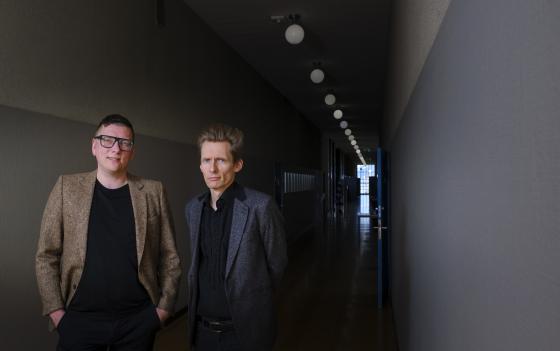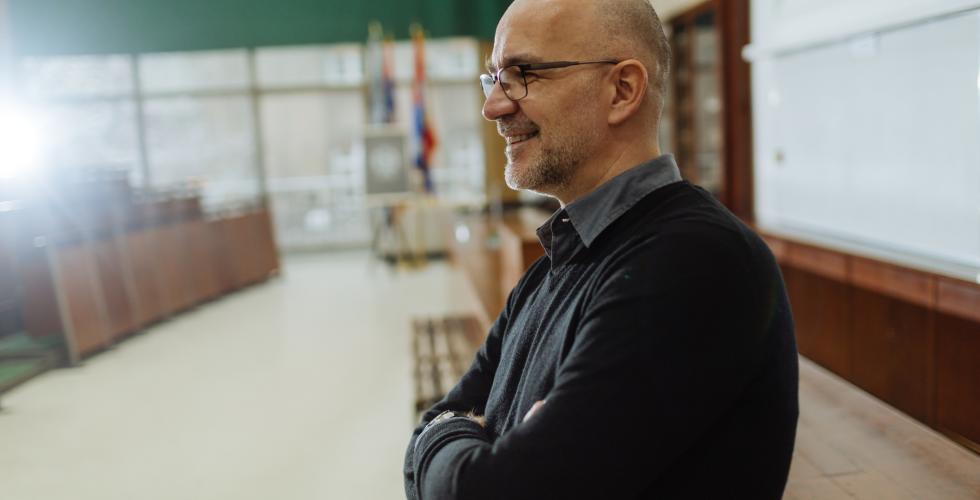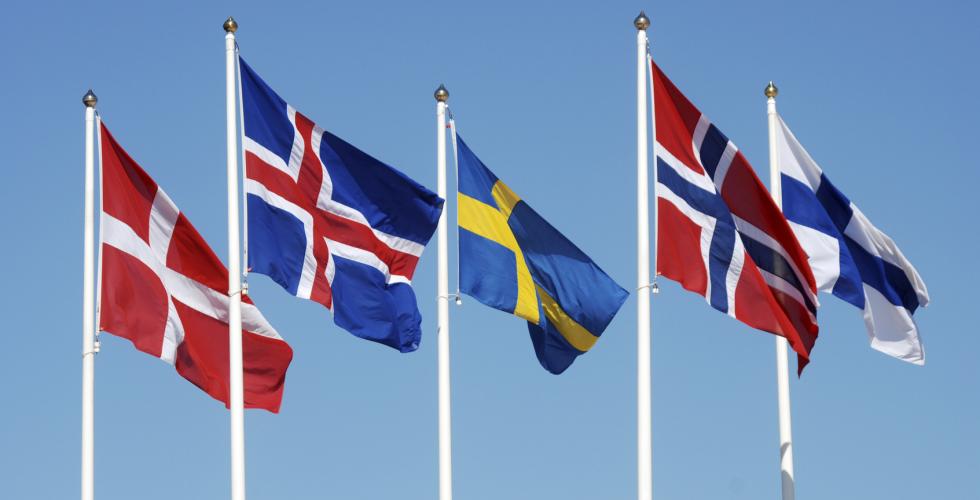Who should take responsibility for diversity and gender equality in Nordic academia?
All the Nordic organisations for universities and university colleges believe that the educational institutions should have the main responsibility. Our Nordic neighbours have dedicated frameworks and expert groups that set the direction for this work – Norway does not.
What responsibility do the umbrella organisations representing universities and university colleges in the Nordic countries have for gender equality and diversity in the research sector? We have consulted five such organisations from the Nordic countries.
Universities Norway (UHR) is a membership and special interest organisation for universities and university colleges in Norway. Their work includes promoting the interests of educational institutions and contributing to quality and coordination in the sector.
According to Chair of the Board Sunniva Whittaker, diversity and equality are high priorities for UHR.
“Equal opportunities in terms of access to higher education is an important goal for us,” she says.
“Universities and university colleges should be places of diversity: free debate, openness, tolerance and ethical standards.”
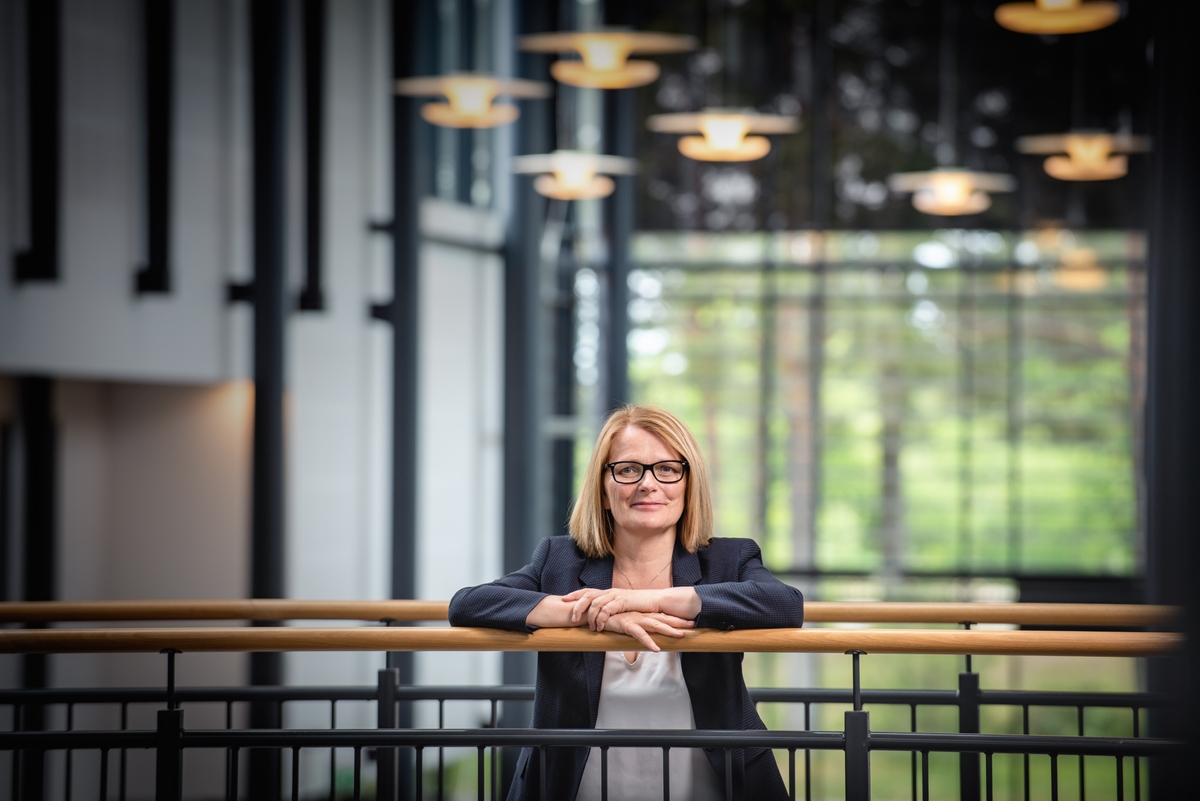
In Norway, there are recommendations, not mandates
Norwegian universities and university colleges are required to have action plans for gender equality and diversity and dedicated measures to this end. However, UHR does not have an overall strategy for equality in the sector and does not intervene in the institutions’ areas of responsibility.
“We make recommendations, not mandates,” Whittaker explains.
“Equality and diversity work is an important local responsibility at the institutions. UHR facilitates the sharing of experience across institutions, including in that area.”
“In the UHR secretariat, we have established a working group that will propose an internal action plan for equality. We are committed to ensuring that the secretariat reflects the diversity in our society and that we put this into practice, for example when recruiting staff to UHR.”
UHR’s work includes monitoring changes in demographics and recruitment to higher education, and a priority in UHR’s 2023–2025 action plan is contributing to a diverse and inclusive education system, according to Whittaker.
“This spring, we submitted input to processes including a report to the parliament on the admissions system,” she says.
“We asked for a continuation of the quota schemes for applicants with Sami language skills and applicants with minority backgrounds. We also supported the introduction of gender quotas.”
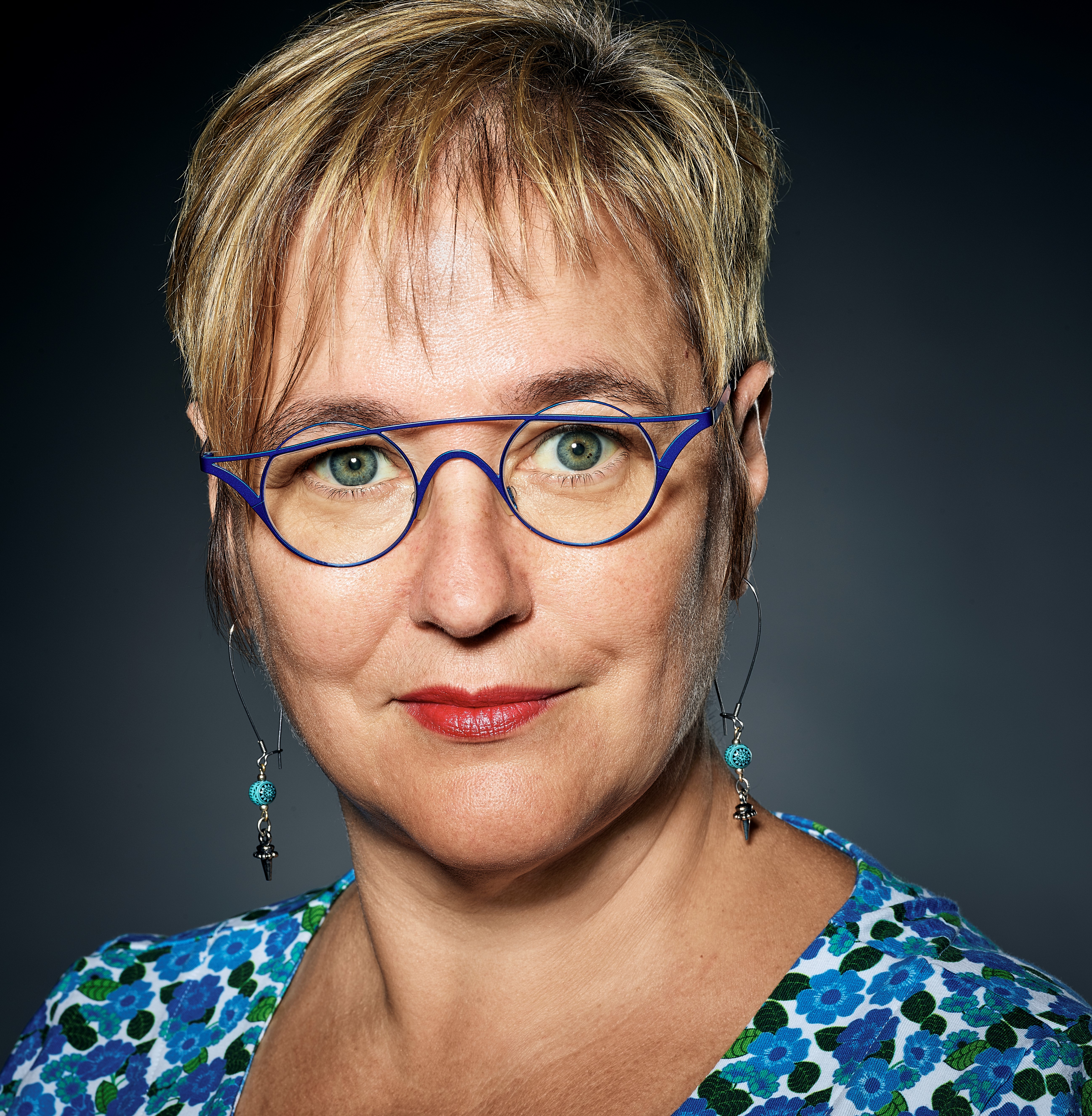
The Swedes have an expert group for diversity
UHR’s sister organisation in Sweden, the Association of Swedish Higher Education Institutions (SUHF), also has diversity and gender equality on the agenda. Part of their work includes participating in efforts to combat hatred and threats by creating experience sharing forums for higher education institutions.
Secretary General Marita Hilliges explains that SUHF also works actively with the Swedish Gender Equality Agency, which sets requirements for gender equality at Swedish universities and university colleges. (Read more in the fact box.)
“SUHF follows and has a dialogue with the Gender Equality Agency through our expert group on employer issues.”
“We are also engaged in a major research project on gender-based vulnerability in academia, which is being run by three of our members, and SUHF has helped organise workshops and conferences.”
“Through this project, our expert group will support the educational institutions in their efforts to combat gender-based harassment and discrimination,” explains Hilliges.
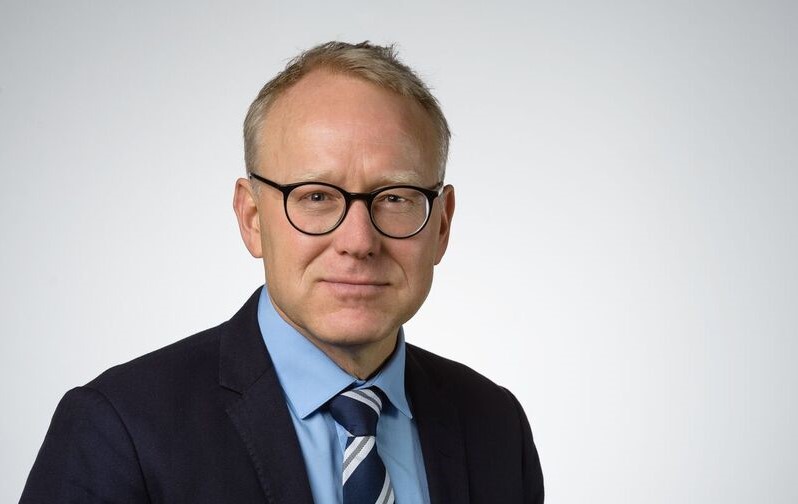
Denmark agrees on principles
In Denmark, Universities Denmark is responsible for the cooperation between higher education institutions. According to Director Jesper Langergaard, diversity is also an important topic there.
He explains that they have assembled an expert group (“a task force”) with representatives from the various universities. The group has developed principles for diversity, inclusion and gender equality, and monitors the extent to which their recommendations become practice at the educational institutions.
“Diversity is important to us, not only because it’s fair that everyone should have equal access to our institutions, but also that we become better at bringing in more talent,” says Langergaard.
“Our education and research become more relevant to the outside world when we include people with different experience and perspectives.”
In Denmark, the universities themselves are responsible for implementing diversity and gender equality measures.
“In general, specific measures are implemented locally at the universities, and one part of their purpose is to ensure transparent career paths and inclusive academic environments,” says Langergaard.
“We also have a particular focus on improving conditions for students with disabilities.”
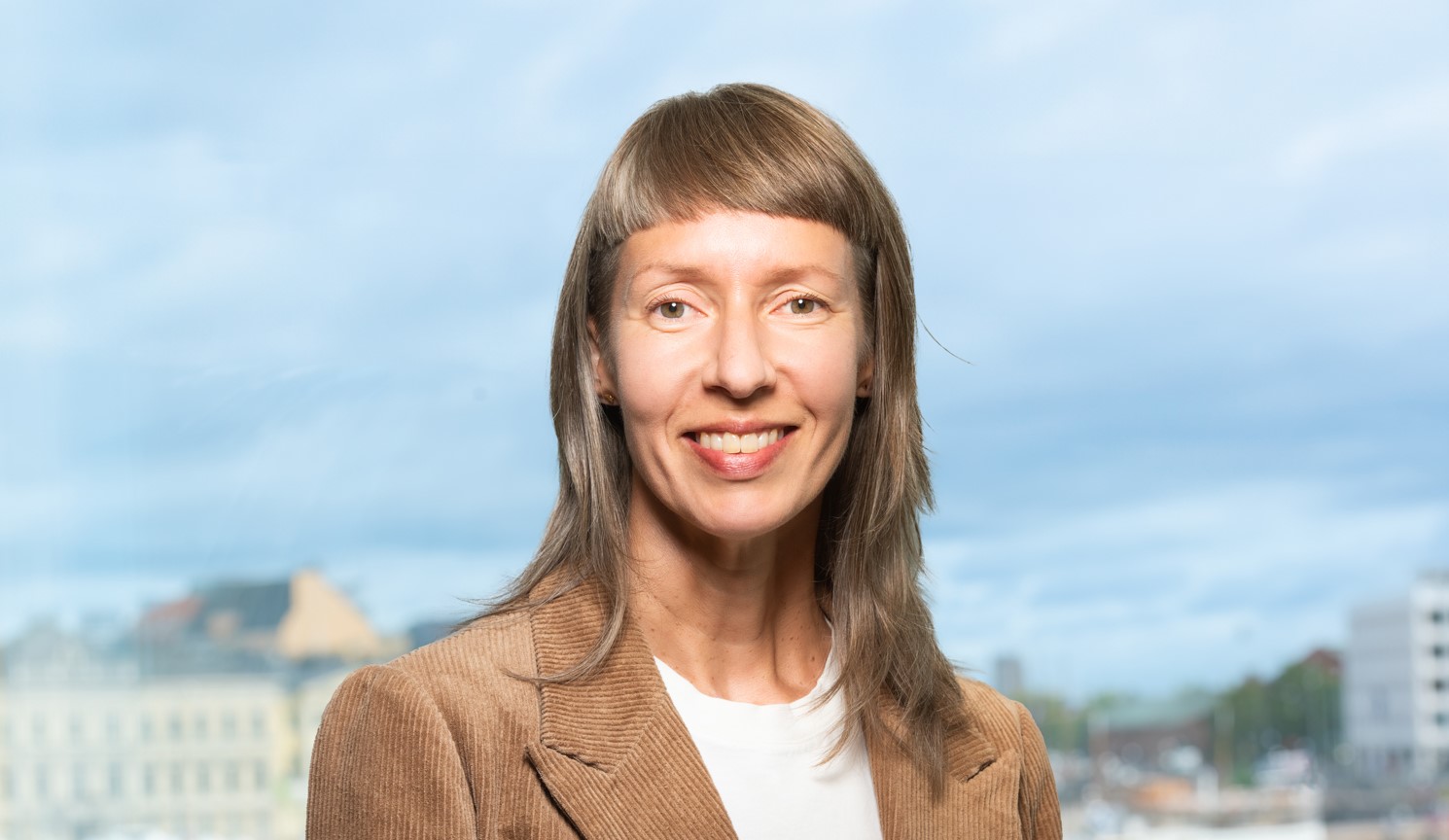
Equality framework in Finland
In Finland, Unifi (Universities Finland) has created a working group that includes representatives from all Finnish universities. Communication advisor Jenni Koistinen explains that Unifi and the universities realised the importance of actively promoting equality and diversity.
The group has worked over the past four years to, among other things, create a sustainability framework to focus on social responsibility in the sector, especially equality and diversity.
“This is also a forum where universities can share experiences and set common goals, allowing them to coordinate their efforts where appropriate. Having said that, universities also need to work independently on these issues, each university defines it's own strategy and action plans,” Koistinen points out.
In the autumn of 2023, Unifi issued a public statement on racism, with the rectors of the Finnish universities standing united. They did so after a period of increased hate speech against researchers, especially those who participated in public debates about racism, Koistinen explains.
“Unifi used the public statement to emphasise the principles to which the universities are committed: equality, diversity, non-discrimination and anti-racism.”
“Since then, diversity and equality have been prioritised in our work,” says Koistinen.
“The higher education sector sees the importance of these issues and the challenges we face, also given the increasing number of international students and staff at our institutions.”
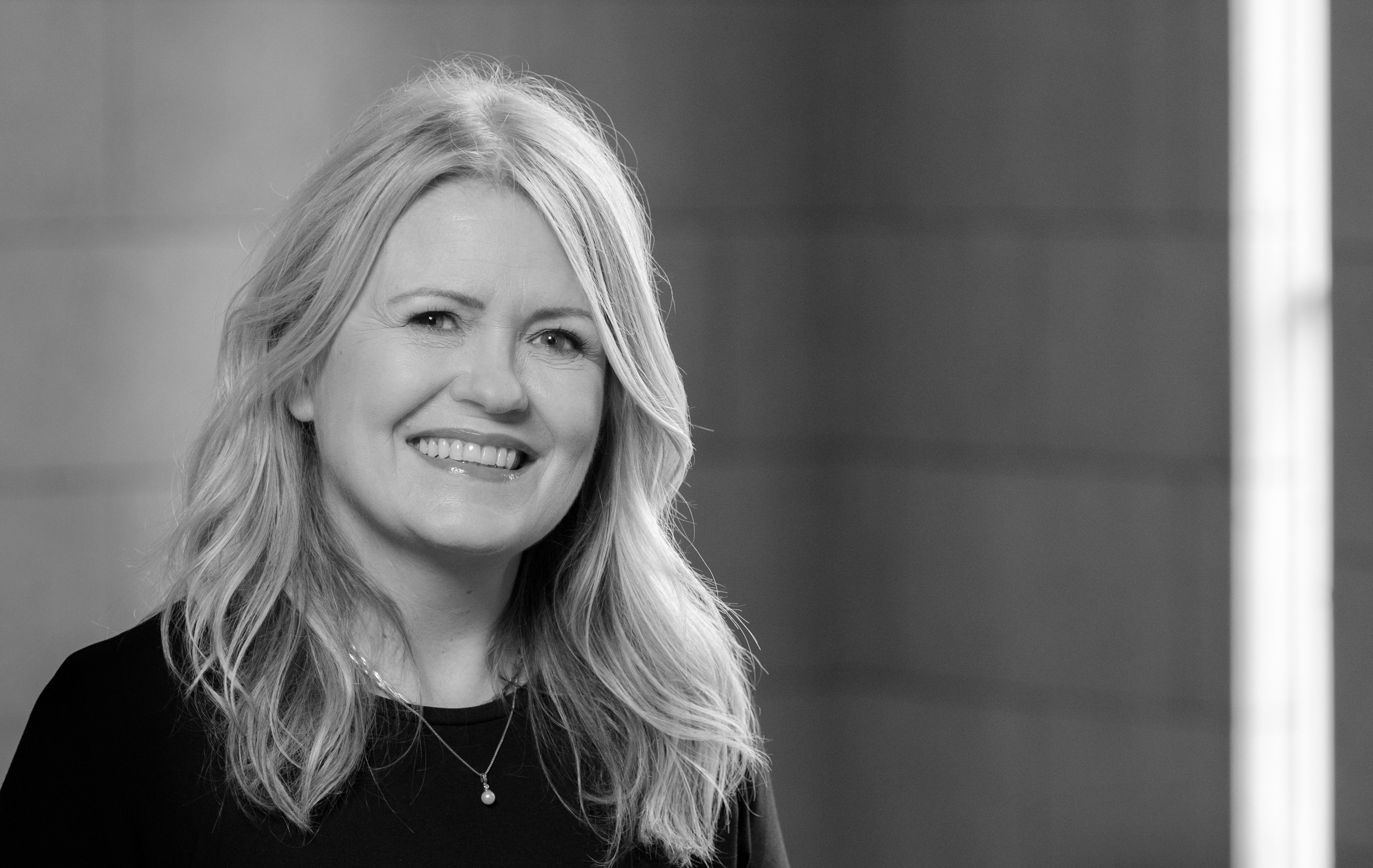
Icelandic rectors’ conference
The National Rectors’ Conference (Samstarfsnefnd háskólastigsins) comprises representatives of Iceland’s seven higher education institutions.
“It has been operational since 1990, but the structure of the Icelandic Rectors’ Conference is different to the bodies of the other Nordic countries and only has one part-time member of staff,” says secretary general Friðrika Harðardóttir.
“The members are rectors of Iceland’s higher education institutions, and the Rectors’ Conference provides a platform through which to form joint policies and opinions.”
The National Rectors’ Conference does not prioritise equality and diversity specifically nor have a dedicated strategy, but gender equality and diversity is nonetheless one of the most fundamental areas for Icelandic higher education institutions, according to the secretary general.
The university sector prioritises equality and diversity, Harðardóttir points out, and explains how each university has an equality strategy, action plan, equal rights committee and equal rights officers.
“The equal rights officers have a joint platform through which to address challenges related to equality and diversity in the university sector.”
The University of Iceland has two equality officers who ensure that guidelines are followed and advise the university’s administration. Equality Officer Sveinn Guðmundsson explains how each institution associated with the university also has a committee that works on overarching equality issues.
“The chairs of these committees then meet in a central committee, together with a student representative and a board member appointed by the rector,” says Guðmundsson.
“The committee advises the university management on equality and diversity issues. In this way, they work to combat discrimination on the basis of gender, sexual orientation, functional ability, identity and ethnicity.”
“Equal opportunities is an overarching principle for the university, and diversity and equality are a major part of our strategy towards 2026,” says Guðmundsson.
Fundamental considerations
The message we receive from all the Nordic higher education organisations is that they believe equality and diversity are important. The way in which they work with it in practice varies, but the main responsibility lies with each individual educational institution.
UHR works closely with its Nordic sister organisations, but its chair, Sunniva Whittaker, emphasises that issues relating to statements or working groups are matters that the board or the Council of Representatives at UHR must initiate.
“We use our strategic units, where leaders across universities and colleges meet to exchange experiences.”
Whittaker explains that members of the KIF Committee’s secretariat have been invited as experts to some of these meetings, and that they have, for example, been briefed on findings from surveys in order to share experiences across the board.
Norwegian universities and university colleges are interested in having good recruitment to higher education and research, and she emphasises:
“UHR’s strategy for 2024–2028 and action plan for 2023–2025 will both help to improve gender equality and diversity. Gender equality and diversity are fundamental considerations in UHR’s cooperative work towards a more sustainable development of society.”
Translated by Allegro Language Services.
26 September and 11 October 2024: Updated with answers from the National Rectors’ Conference.
13 September 2024: The news article is updated on sustainability framework in Finland.
The Nordic University Association is a collaborative body for Nordic universities and university colleges.
Its members are:
- Universities Denmark, in Denmark.
- The Council of Rectors of Finnish Universities/ Suomen yliopistojen rehtorineuvosto/ Universities Finland (UNIFI), which is a cooperation organisation for Finnish universities. All 14 universities in Finland are members of UNIFI.
- Samstarfsnefnd háskólastigsins / The National Rectors’ Conference, in Iceland.
- The Association of Swedish Higher Education Institutions (SUHF), in Sweden.
- Universities Norway (UHR), in Norway.
Source: UHR og Nordic University Association
Gender equality and diversity
The Swedish Gender Equality Agency is an administrative body that is similar to a Norwegian directorate. Their four main priorities are monitoring gender equality policy, countering men’s violence against women, support and coordination, and international work.
Source: The Swedish Gender Equality Agency
There is a degree of variation in how the Nordic special interest organisations for universities and university colleges work for equality and diversity.
For example, the Danes have an expert group with common principles for diversity, inclusion and gender equality, the Finns have created a framework and have issued a joint statement against racism, and the Swedes have initiated a research project on gender-based vulnerability in academia.
In Norway, the chair of Universities Norway has expressed that it is the Board or the Council of Representatives that must take the initiative if they are to establish an expert group or issue a statement.
